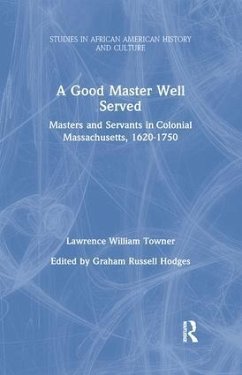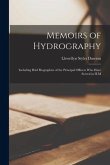First published in 1998. Early American historians are finding connections between the bonded status of African American slaves, European indentured servants, convicts, and sailors. An excellent starting point for this inquiry is this neglected classic by Lawrence Towner, former head of the Newberry Library in Chicago and editor of the William and Mary Quarterly . This comprehensive study of the lives and experiences of bonded laborers in colonial Massachusetts demonstrates the full sweep of their work and aspirations. Towner analyzes the legal status of all varieties of black and white bonded laborers. He explores their living and working conditions and discusses the cultural significance of work in their lives. The book also address gender issues in bonded labor. The author's approach provides a new understanding of the experiences of black and white workers in early America, and corrects a long-standing neglect of blacks in previous research. This edition makes this important work available in print for the first time, and includes an introductory essay by Alfred F. Young, Dissertations and Gatekeepers: Why it took45 Years for a Ph.D. Thesis to be Published. (Ph.D. dissertation, Northwestern University; 1954)
Hinweis: Dieser Artikel kann nur an eine deutsche Lieferadresse ausgeliefert werden.
Hinweis: Dieser Artikel kann nur an eine deutsche Lieferadresse ausgeliefert werden.








